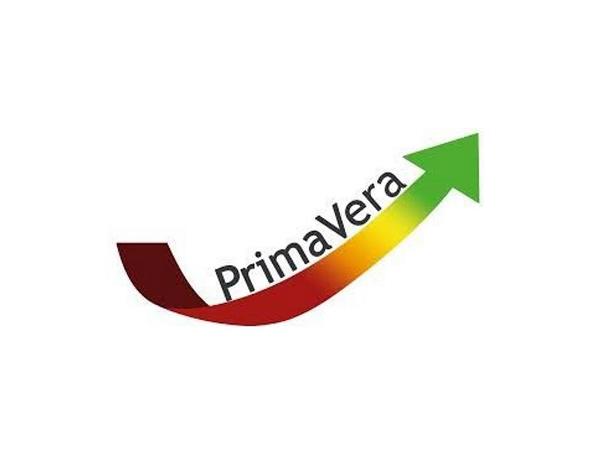PrimaVera
In the national project ‘Predictive maintenance for very effective asset management’ (PrimaVera), we are studying how we can use big data to create algorithms that predict when capital assets require maintenance.
Centre of Expertise Digital Operations & Finance

In the national project ‘Predictive maintenance for very effective asset management’ (PrimaVera), we are studying how we can use big data to create algorithms that predict when capital assets require maintenance. The work packages focus on three sectors: maritime, infrastructure and high-tech manufacturing.
PrimaVera
In this project, the Smart Sensor Systems research group collaborates with many other knowledge institutions and companies to develop smart systems - factories, structures and vehicles - in the three sectors of maritime, infrastructure and high-tech manufacturing. The production and use of these smart systems are fully automated. The machines report online about their own performance and schedule their own maintenance. The holy grail in maintenance is predictive maintenance.
Developments are moving fast in the industrial ‘Internet of things’, in sensor technology and data analysis and optimisation. Using these recent developments, we can better predict machine failures and breakdowns. By performing maintenance just in time, i.e. just before a system actually fails, companies can reduce maintenance costs while increasing uptime.
Integral approach
The PrimaVera consortium (see below) focuses its research into predictive maintenance in the three sectors mentioned, for example, on components in ship engines, pumps, electric motors, bearings and control elements such as programmable logic controllers (PLCs). The consortium develops new combinations of model- and data-driven prediction methods, combines black box and machine learning techniques with specific domain knowledge and works on an integrated approach of the entire system: hardware, software, human and organisational factors.
Lab setting
Before the research, there have been relatively few measurements with an understandable cause. Therefore, students of the Asset Management and Maintenance minor started generating real data in a lab setting. This makes it possible to determine the correct measuring positions and the type of sensors to be used. In this lab setting, we test bearings for short and long periods under different operating conditions. The tests should provide a better understanding of bearing behaviour, with the aim of generating big data to validate algorithms for predictive maintenance models.
PrimaVera consortium
Within this project, the Smart Sensor Systems research group collaborates with the University of Twente, Radboud University, Eindhoven University of Technology, Saxion University of Applied Sciences, the Netherlands Aerospace Centre (NLR), the Royal Netherlands Navy and large companies and organisations such as the Directorate-General for Public Works and Water Management, Dutch Railways (NS), Damen, Technobis, Alfa Laval, Royal IHC, Rolsch, De Dommel district water board, ORTEC and ASML. In 2019, the Netherlands Organisation for Scientific Research (NWO) awarded five million euros in funding to this consortium.
Intended duration of the project
The duration of the PrimaVera project is from 1 September 2020 to 1 September 2025.
Degree programmes and/or minors involved
Mechanical Engineering
Mechatronics
Electrical and Electronic Engineering
Asset Management Minor
Robotics and Vision Design Minor
Embedded Systems Minor
Funding
The PrimaVera project is funded by the NWO NWA research programme ‘Research on Routes by Consortia’ (ORC).
Media
Website: https://primavera-project.com/
Article: https://www.thehagueuniversity.com/about-thuas/thuas-today/news/detail/2021/01/13/primavera-project-the-challenging-path-to-predictive-maintenance
Planned events
You can find the colloquia we regularly organise on the website https://primavera-project.com/colloquium/
PrimaVera research lunch - 18 January 2021 https://www.dehaagsehogeschool.nl/onderzoek/kenniscentra/details/digital-operations-and-finance#actueel
Project Leader
Eric van Genuchten, [email protected]
Team
The PrimaVera research team consists of the following people:
John Bolte is Smart Sensor Systems professor. Rufus Fraanje is a researcher at the Smart Sensors Systems research group, lecturer at the Mechatronics degree programme and coordinator of the Robotics and Vision Design minor. He is an expert in the fields of machine learning, smart mobility, robotics and Smart Health - Agrotech in greenhouses.
Fidelis Theinert is a researcher in the Smart Sensor Systems research group and lecturer and co-developer of the Mechatronics degree programme. Since 2015, he has been working on the development of the new Embedded Systems minor for the Electrical Engineering degree programme.
